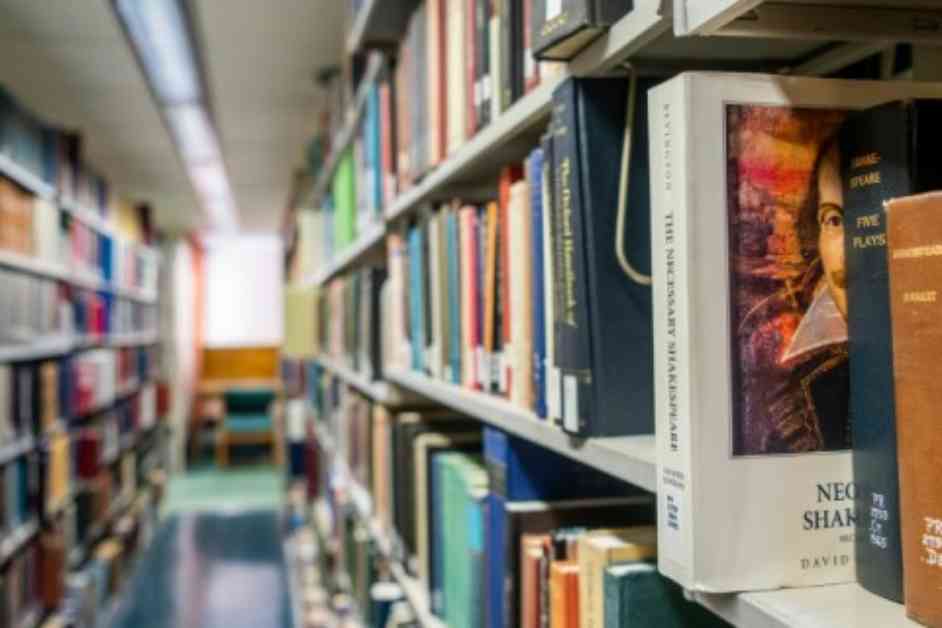JOHANNESBURG – South Africa is facing a significant literacy challenge, with a recent report showing that 81 percent of Grade 4 students are struggling to read with comprehension in any language. In an effort to combat this issue, the Centre for African Language Teaching at the University of the Western Cape is organizing a Reading Indaba.
The Reading Indaba aims to tackle illiteracy and explore strategies to improve the current situation. Thembisa Kosi, a Lecturer at the University, shared insights about the upcoming event in an interview with eNCA.
During the discussion, Kosi emphasized the importance of revitalizing indigenous languages in South Africa. She highlighted how embracing and promoting these languages can play a crucial role in enhancing literacy rates among students. By incorporating indigenous languages into educational initiatives, educators can create a more inclusive learning environment that resonates with students’ cultural backgrounds.
Kosi also pointed out that language is a fundamental aspect of identity and heritage for many South Africans. By preserving and promoting indigenous languages, communities can strengthen their cultural heritage and ensure that future generations have access to their linguistic roots.
The Reading Indaba is set to be a platform for educators, policymakers, and community members to come together and discuss innovative approaches to language teaching and literacy development. By fostering collaboration and sharing best practices, the event aims to spark positive change in the education sector and empower students to become proficient readers in their mother tongue.
In addition to addressing literacy challenges, the Reading Indaba also serves as a call to action for increased investment in language education and teacher training. By providing educators with the necessary tools and support, schools can better equip students with the skills they need to succeed academically and beyond.
Overall, the Reading Indaba represents a step forward in the ongoing efforts to revitalize indigenous languages and improve literacy rates in South Africa. Through collective action and a commitment to cultural diversity, stakeholders can work towards a future where every student has the opportunity to read and learn in a language that reflects their heritage and identity.









